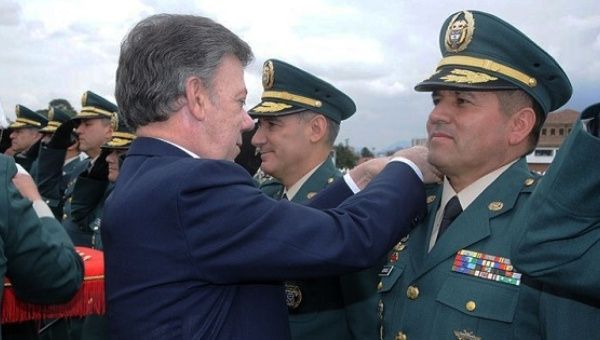By Cintia Garcia
Impunity Watch Reporter, South America
Lima, Peru—The Indigenous community located at the basin of the Marañon River in the Amazon are protesting the latest oil spill in the district of Urarinas—the cost of damage has yet to be released. This is the tenth oil spill since January 2016 in the Amazon. The indigenous community began their protest on September 1st.

The latest protest was led by seven indigenous federations in the Northwest region of Peru by blocking the Marañon River, an important transportation route. The communities are demanding action from the Peruvian government. The communities are seeking an end to the contamination, an end to the oil spills, measures to protect the environment and compensation for those affected by the spills. They are also demanding an independent third party to monitor the area and the impact of oil extraction in the region. The community leaders known as the Apus released a letter addressed to the government stating, “we are carrying forward a just struggle to peacefully push a platform of fair social development that guarantees the right to a safe environment and water that sustains our people.”
Petroperu is the company overseeing the pipelines and oil extraction. The company has attributed the spills on third parties intentionally breaking the pipes. Petroperu released a statement after the most recent spill stating, “the people who are causing the spills to stop because you are putting the health of people in the area at risk as well as affecting the surrounding environment.”
The Apus, a day after the spill, have finally arrived to an agreement with the government to a meeting with the president of Peru Pablo Kuczynski or Prime Minister Fernando Zavala. The protestors will continue blocking the passage way until action is taken.
For more information, please see:
Telesur—Amazon Indigenous Block Peru River Traffic to Protest Oil Spill—14 November 2016.
Peru This Week—Tensions Rise in the Amazon—27 October 2016.
Telesur—Peru Officials to meet Indigenous Protesting Amazon Oil Spills—28 September 2016.
Peru Reports—Oil Spills Contaminate Major River in Peru’s Amazon—13 February 2016.



